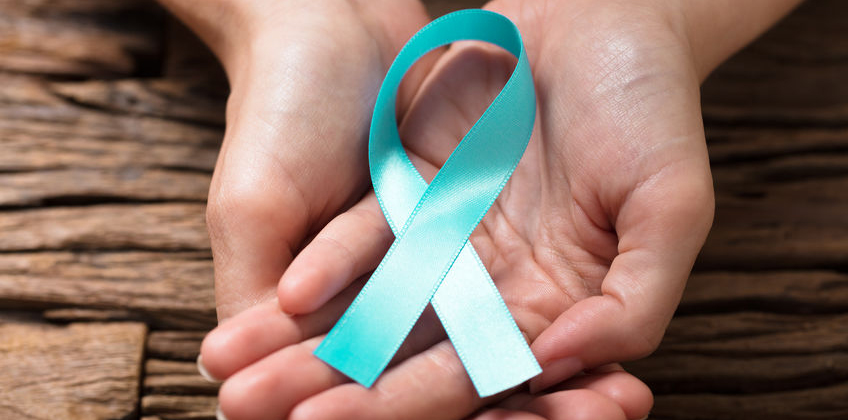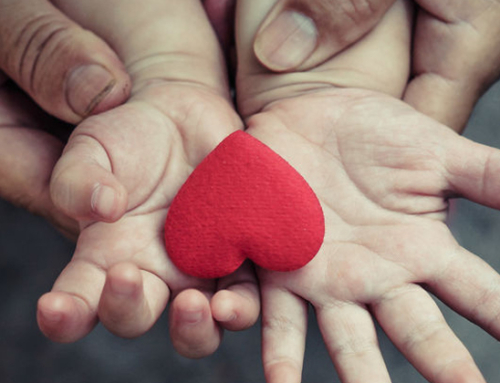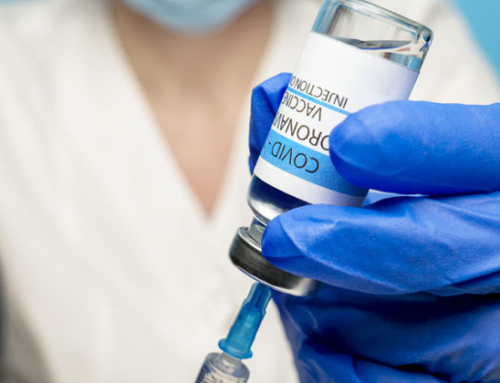Fifteen years ago, at the tender age of 38, I was driving to my annual, routine, very boring OB/GYN appointment practicing out loud, alone in the safety of the car, how to tell my doctor that I noticed blood in my poop. I was embarrassed to tell the doctor who delivered all four of our children about this new development that I noticed every couple of weeks/months.
I settled on “I’ve noticed some blood in my stool,” which seemed like a much more elegant way to put it. I managed to squeak the words out while in the stirrups and the conversation went something like this: “I’m glad you told me. I’ll refer you to my gastroenterologist for a colonoscopy. I’m not that old, not gonna happen. Don’t I have to be 50? You will make an appointment, nothing to mess around with. Can’t you do it? No, that’s not really a good idea because I deal with an entirely different orifice in your body.” I giggle every time I remember his unique OB/GYN humor in that moment.
A month later, I woke up to see my gastroenterologist and OB/GYN staring at me with that look in their eyes. They had removed a 30 mm adenomatous polyp, the kind that slowly marches toward cancer. They prepared me for the worst as we awaited the biopsy results. Those few days lasted an eternity.
I was incredibly lucky. My polyp was just at the early dysplasia stage, meaning no cancer, no chemo, no surgery, no special treatment. A monstrous polyp removed and gone for good. I was cured. A series of annual colonoscopies followed to be vigilant and now I’m on the normal rotation every 5 years.
Had I waited to make that very first colonoscopy appointment when I was 38 years old, I would not be here today. Simple as that. My amazing OB/GYN’s specialty may be to bring babies into this world, but he saved my life that day. So now each March, I try to pay that kindness forward for others.
I know it’s scary. I know how embarrassing it is to talk about this, even with the people we are most comfortable with. But let’s end this stigma, together. Colorectal cancer is the second most common cause of cancer deaths and it is almost always curable if caught in time. Common signs to watch out for:
- A change in bowel habits, such as diarrhea, constipation, or narrowing of the stool, that lasts for more than a few days
- A feeling that you need to have a bowel movement that is not relieved by having one
- Rectal bleeding with bright red blood
- Blood in the stool, which might make it look dark brown or black
- Cramping or abdominal (belly) pain
For more information, check out: American Cancer Society; Colorectal Cancer Alliance; Centers for Disease Control and Prevention. This might not be related to education law, but it’s a message for the people I care most about.



